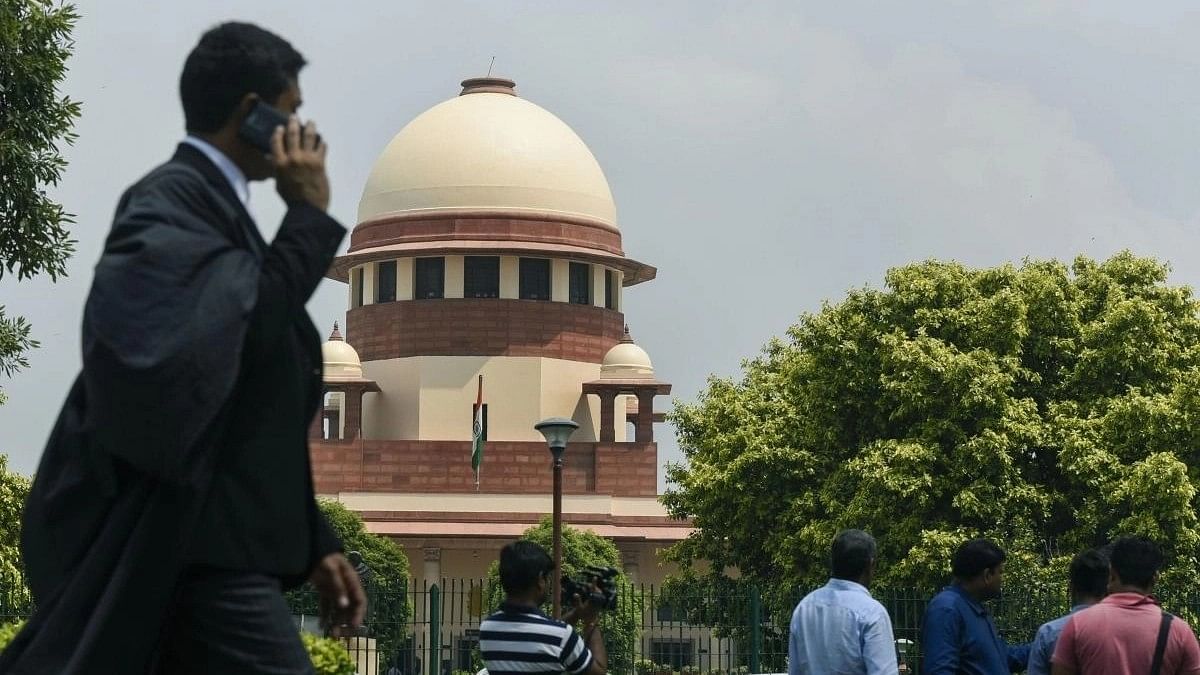
The Supreme Court of India.
Credit: PTI File Photo
New Delhi: "In a watershed moment in the nation's legal history", the Supreme Court of India has been able to dispose of 52,191 cases, including 45,642 miscellaneous matters and around 6,549 regular matters, in the year 2023.
The total disposal stands at 52,191 in comparison to the total registration of cases which was 49,191.
The disposal is highest in terms of numbers since ICMIS (Integrated Case Management Information System) was implemented in the year 2017, according to an official report.
"The Supreme Court's unprecedented disposal in the year 2023 marks a watershed moment in the nation's legal history. The judiciary's proactive approach, coupled with the adoption of technology and strategic reforms, has set a new standard for timely and efficient justice delivery. This achievement not only reflects the resilience and adaptability of the Indian legal system but also reaffirms the judiciary's commitment to upholding the principles of justice in a rapidly evolving world," it said.
It was asserted that one of the key factors contributing to this historic achievement was the innovative use of technology.
Under the leadership of Chief Justice of India (CJI) D Y Chandrachud, the Supreme Court embraced digital platforms and modern case management systems to enhance efficiency and reduce procedural delays. E-filing, virtual hearings, and digital record-keeping played pivotal roles in facilitating a faster and more accessible justice system, it said.
During the year, five-judge and seven-judge benches were also constituted wherein two seven-judge matters were heard—in one of the cases, judgment was reserved and in the other, the judgment was pronounced.
"Important matters like in Re Section 370, arbitration matters relating to stamped documents and their admissibility, heavy motor vehicles being driven on normal licenses, settling tussle between Delhi Government and Centre, Maharashtra Legislative Assembly Matter, rights of LGBTQ, and other important matters have been duly heard and pronounced. With strenuous efforts the pendency of five-judge constitution bench matters has been reduced from 36 to 19 (in four matters judgment is reserved), six matters pertaining to seven judges, five matters of nine judges," it said.
